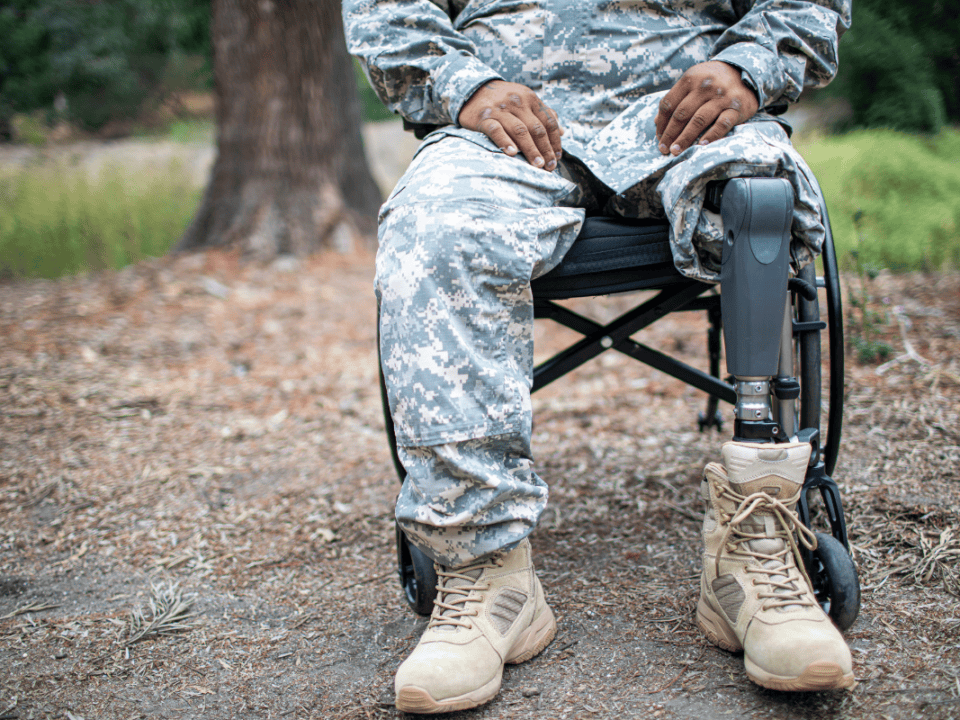 Veterans Affairs has recently announced the largest single change to VA Disability claims in decades, discontinuing its Rapid Appeals Modernization Program (or RAMP), in order to fully implement the Veterans Appeals Improvement and Modernization (VAIM) Act, which took effect on February 19, 2019.
Veterans Affairs has recently announced the largest single change to VA Disability claims in decades, discontinuing its Rapid Appeals Modernization Program (or RAMP), in order to fully implement the Veterans Appeals Improvement and Modernization (VAIM) Act, which took effect on February 19, 2019.
What does the change to the VA Disability appeals process mean for disabled veterans currently waiting for a decision or considering filing an appeal? We’ve broken down the details to give you a closer look.
How Has the VA Disability Appeals Process Changed in 2019?
The VA hopes that the new process will be faster and more efficient. Veterans have concerns.
As of February 19, veterans looking to appeal a VA Disability decision will have three choices for decision review:
- Higher-Level Review: An experienced adjudicator takes a new look at the previous decision using only the evidence available when that decision was made.
- Supplemental Claim Review: Veterans may submit new evidence to be looked at during their appeal, and the VA agrees to look for new evidence under their ‘duty to assist’.
- Appeal to the Board of Veterans’ Appeals: This follows the traditional VA Disability appeals process timeline but with a key change — the veteran will have another set of options to choose from.
Veterans who choose to go with the appeal to the Board of Veterans’ Appeals will be able to choose:
- Direct Review: This option both waives the right to a hearing and also disallows the veteran from submitting additional information.
- Evidence Submission: The veteran is also to submit extra evidence, without a hearing.
- Hearing: The veteran can submit new evidence, as well as have a hearing and provide testimony before the Veterans Law Judge.
By allowing veterans to move into different funnels during the appeal process, the VA hopes to create a more timely process that will move veterans from their initial appeal to a final decision more quickly.
Many veterans have expressed concerns, however, at the unintended effects of the new system. Not only are there more options in which the acquisition and submission of new evidence is not allowed as part of the review process, VAIM may make it more difficult for veterans to advocate for their own interests.
Veterans’ rights groups have stated that the new system seems less focused on providing aid to the claimant, making it even more imperative that veterans take great care when pulling together their evidence and evaluating their options for appeal.
Why Did Veterans Affairs Make This Change?
The VA is hoping their new process will lead to faster decision timelines. The VA found that veterans who opted into the new system had their appeals processed more quickly than “legacy” claims filed under the old system. Currently, the VA hopes those who utilize the new options of Higher-Level and Supplemental Claim Review will see appeals completed within 125 days.
This could provide serious benefits to disabled or injured veterans who have previously waited for three to seven years for a final decision to be made on their appeals, but the compressed timeline can also add new stress to veterans who are new the process and unsure what comes next.
VA Disability appeals pending on or after February 15, 2019 will continue to be processed until the current inventory of claims is completed.
What Should I Do If I’m Looking to File a VA Disability Claim Appeal?
When filing an appeal on a VA Disability claim, it’s always a good idea to meet with a legal representative with experience working within the VA Disability system. A good VA Disability attorney will be able to analyze and explain how all of these large-scale changes could affect your unique situation.
The Bluestein Attorneys VA Disability Team is made up of veterans ourselves, so we have a deep understanding of the complexities of the VA Disability system and the strain and pressure of military life. We’d be happy to speak with you about your service-connected injury or illness and what steps may work best for you moving forward.
Request your free VA Disability consultation online or contact us by phone at (803) 779-7599 at any time.



